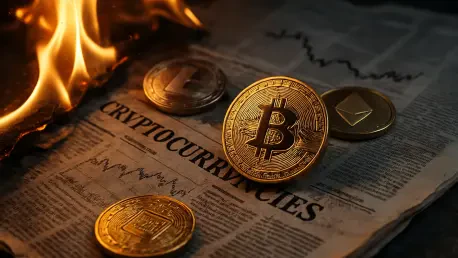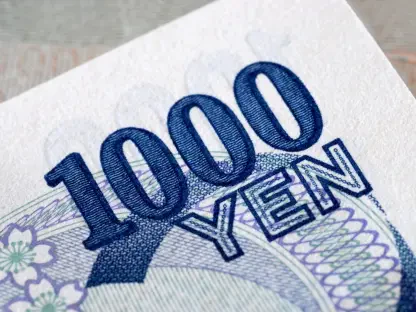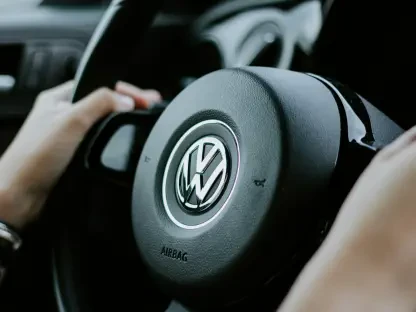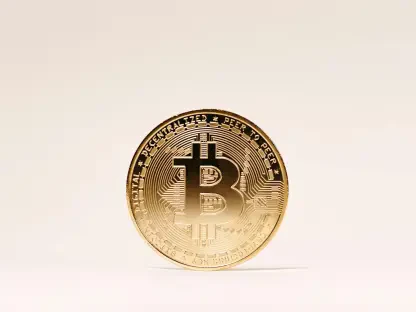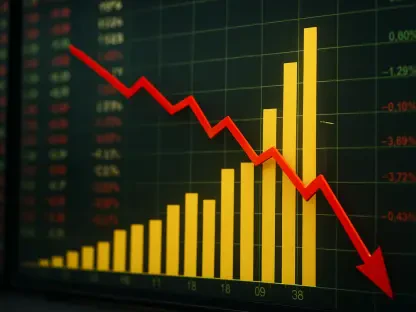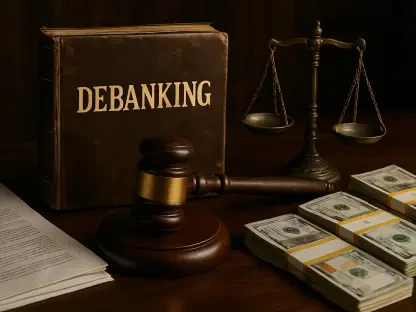In a rapidly evolving digital landscape, a new player has emerged with bold promises to reshape the financial world through cryptocurrency, yet it finds itself mired in heated debate due to its high-profile connections. World Liberty Financial (WLF), a decentralized finance platform tied to the Trump family, has captured significant attention for its ambitious plans to integrate digital assets into mainstream use. From crypto debit cards to tokenized real estate, the company’s initiatives aim to make financial systems more accessible. However, with substantial earnings reported for the Trump family and controversial international deals under scrutiny, questions of ethics and political influence loom large. As this platform pushes the boundaries of financial technology, it simultaneously ignites a firestorm of criticism over potential conflicts of interest, leaving the public and lawmakers divided on whether this venture represents innovation or a risky blend of power and profit.
Pioneering Crypto Solutions
The mission of World Liberty Financial centers on breaking down barriers between traditional finance and the burgeoning world of cryptocurrency with cutting-edge tools designed for everyday use. A flagship initiative is the upcoming launch of a crypto debit card, expected by late this year or early next, with a pilot program to follow shortly after. Announced at a major industry conference in Singapore, this card aims to enable seamless spending of digital assets like Bitcoin, even integrating with popular payment systems such as Apple Pay. The goal is to simplify transactions for the average consumer, turning crypto into a practical option for daily purchases. Beyond convenience, this move signals a broader push to normalize digital currencies in a market often seen as volatile and inaccessible. By bridging this gap, WLF positions itself as a potential game-changer, challenging the dominance of conventional banking systems and offering a glimpse into a future where digital assets play a central role in personal finance.
Another cornerstone of WLF’s strategy lies in the tokenization of real-world assets, a concept that could democratize access to high-value investments previously reserved for the elite. This involves converting ownership of tangible assets like real estate, oil, and gas properties into digital tokens that can be traded on the platform. Notably, there’s speculation that assets from the Trump family’s portfolio could be included, such as iconic properties akin to luxury towers in global cities. To support these transactions, WLF introduced a stablecoin called USD1 earlier this year, designed as a reliable trading pair with claims of transparency and trustworthiness. Additionally, the $WLFI token, recently released, grants holders a say in certain business decisions, with its price showing a slight uptick. This innovative approach promises to open up investment opportunities to a wider audience, potentially transforming how ownership and wealth are structured in the digital age.
Financial Gains and Ethical Dilemmas
Amid its technological advancements, World Liberty Financial has reported staggering financial success for its prominent stakeholders, raising eyebrows across political and economic spheres. Reports suggest that the Trump family has earned around $500 million from the platform since its inception, a figure derived from public deals and company terms. While this underscores the venture’s profitability, it also amplifies concerns about the intersection of personal gain and public influence. Critics argue that such earnings, particularly in light of the family’s political ties, could blur ethical lines, especially as the platform expands its reach. The substantial revenue highlights the potential of decentralized finance to generate wealth, yet it also fuels a narrative of privilege, prompting questions about fairness and transparency in an industry already grappling with trust issues.
Further complicating the situation is a massive $2 billion investment deal involving WLF’s stablecoin and a state-backed firm from Abu Dhabi, alongside a major cryptocurrency exchange. Announced earlier this year, this agreement has drawn sharp criticism from U.S. lawmakers, including Senators Elizabeth Warren and Jeff Merkley, who have flagged it as a potential conflict of interest. The concern centers on whether the Trump family and associated families could benefit from foreign dealings while holding sway over regulatory environments due to political connections. This arrangement underscores a broader tension in the crypto space, where innovation often outpaces oversight, leaving room for exploitation. As WLF navigates these waters, the scrutiny from Capitol Hill serves as a reminder that financial technology cannot operate in a vacuum, especially when linked to figures with significant public influence.
Navigating Political Backlash
The political dimensions of World Liberty Financial’s operations have become a lightning rod for debate, with accusations of impropriety casting a shadow over its ambitions. U.S. lawmakers have expressed alarm over the potential for foreign corruption tied to high-profile deals, particularly given President Donald Trump’s vocal support for cryptocurrency. Critics contend that this stance could influence regulatory decisions, creating an uneven playing field in an industry already fraught with uncertainty. The intersection of political power and financial innovation raises profound questions about accountability, as observers worry that personal interests might overshadow the public good. This controversy has positioned WLF at the center of a larger discussion about how emerging technologies should be governed when intertwined with influential figures.
In response to mounting criticism, representatives from WLF, including Donald Trump Jr., have publicly denied any political motivations behind the platform’s activities. Speaking at a recent industry event, emphasis was placed on the pioneering nature of embracing crypto at a presidential level, framing it as a forward-thinking move rather than a partisan agenda. Additionally, CEO Zach Witkoff has countered early skepticism from blockchain leaders who once viewed WLF as a fleeting trend, pointing to strategic partnerships with established platforms as evidence of growing credibility. These defenses aim to refocus attention on innovation, yet the political undertones remain a persistent hurdle. The challenge lies in convincing a wary public that the platform’s goals align with broader financial inclusion rather than narrow personal or political gains.
Reflecting on a Divisive Path
Looking back, World Liberty Financial has carved out a bold presence in the cryptocurrency realm, blending groundbreaking ideas with polarizing affiliations. Its efforts to mainstream digital assets through debit cards and tokenized investments marked a significant push toward financial accessibility. Yet, the reported earnings of the Trump family and contentious international partnerships stirred ethical debates that overshadowed many achievements. The sharp criticism from lawmakers underscored the risks of merging political influence with emerging tech. Moving forward, the platform faces the task of rebuilding trust through transparent practices and demonstrating that its innovations serve the public interest. Stronger regulatory engagement and clear separation from political agendas emerge as critical steps to ensure that the promise of decentralized finance does not falter under the weight of controversy.
